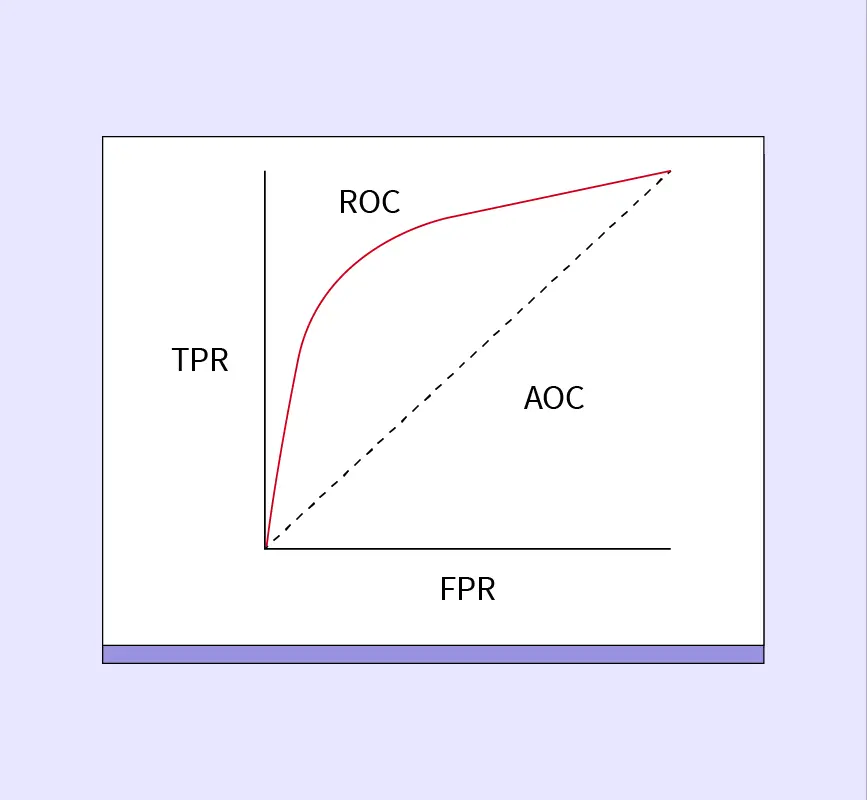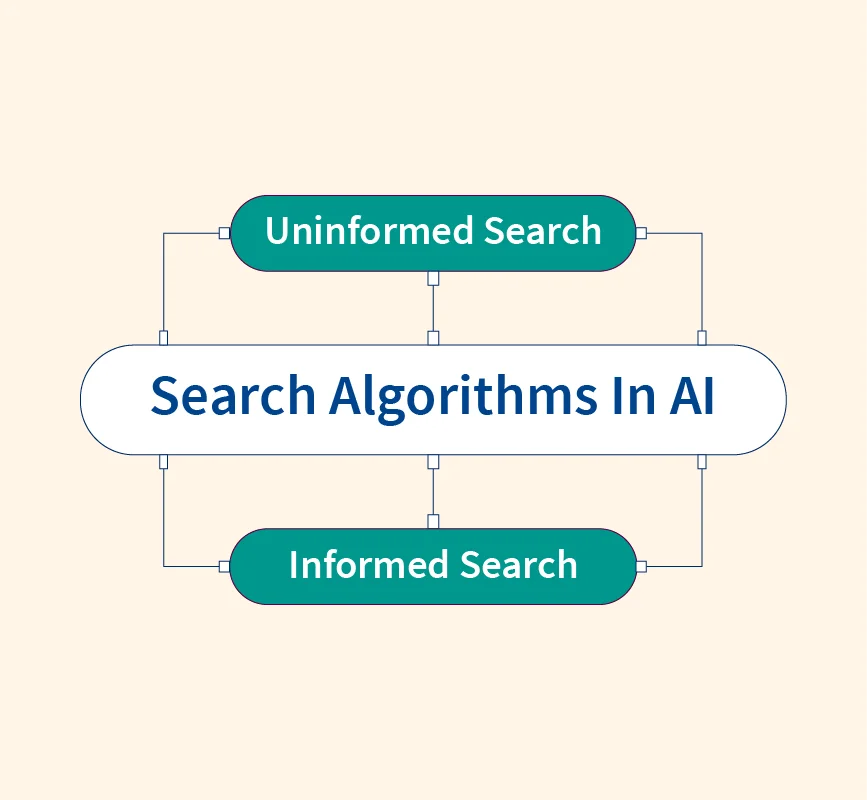Data science is transforming industries by uncovering patterns, trends, and actionable insights from data. Whether it’s improving decision-making in businesses, optimizing healthcare, or enhancing technology, data science is a vital skill in today’s data-driven world. If you’re a beginner eager to start a data science journey, this guide will walk you through a structured approach to learning the field from scratch, even without prior experience.
Why Data Science?
Data science plays a pivotal role in solving real-world problems across industries. By leveraging data, companies can make informed decisions, predict trends, and drive innovation.
- High Demand: Industries like healthcare, finance, retail, and technology rely heavily on data scientists to analyze vast datasets and derive actionable insights.
- Innovative Solutions: From developing AI-driven chatbots to optimizing supply chains, data science fosters innovation.
- Career Growth: With competitive salaries and diverse opportunities, data science remains one of the most rewarding career paths today.
Fact: According to Glassdoor, the demand for data scientists has grown by 28% in the last five years, making it one of the most sought-after professions.
What Does a Data Scientist Do?
A data scientist works at the intersection of technology, mathematics, and business to extract valuable insights from data. Here are some of their key responsibilities:
- Data Collection and Cleaning: Gathering raw data from various sources and cleaning it to ensure accuracy and consistency.
- Data Analysis: Identifying patterns, trends, and correlations within data to inform decision-making.
- Building Predictive Models: Using machine learning algorithms to forecast future trends or behaviors.
- Data Visualization: Presenting insights through graphs, charts, and dashboards for easy understanding by stakeholders.
- Collaboration: Working with teams across departments to solve problems and provide data-driven recommendations.
Data Analyst vs Data Scientist: What’s the Difference?
Although both data analysts and data scientists work with data to extract insights, their roles vary in scope and complexity.
A data analyst focuses on:
- Interpreting and visualizing structured data to identify trends.
- Using tools like SQL, Excel, and data visualization software to generate reports.
- Supporting business decision-making with insights and dashboards.
A data scientist, on the other hand, works on:
- Structured and unstructured data, employing advanced techniques like machine learning and predictive analysis.
- Creating algorithms and predictive models to solve complex business problems.
- Leveraging programming languages such as Python and R to develop advanced solutions.
Key Difference:
- Data analysts focus on descriptive analytics, providing insights based on past data.
- Data scientists delve into predictive analytics, forecasting future trends and outcomes.
Why Become a Data Scientist?
Choosing a career in data science offers numerous benefits, making it one of the most sought-after fields today.
- High Demand: The demand for data scientists has skyrocketed. According to the U.S. Bureau of Labor Statistics, data-related jobs are expected to grow by 36% by 2031, much faster than the average for other professions. Industries such as healthcare, finance, and technology are constantly hiring professionals skilled in data analysis.
- Lucrative Salaries: Data scientists earn competitive salaries due to their expertise. Glassdoor reports that the average base salary for a data scientist in the U.S. is $124,000 per year, with top professionals earning over $150,000 annually.
- Diverse Opportunities: Data science spans multiple domains, including artificial intelligence, big data, and machine learning. Professionals can choose roles such as AI developer, data engineer, or machine learning scientist, catering to varied interests.
- Continuous Learning: The field is ever-evolving, with advancements in tools like TensorFlow and techniques in deep learning and natural language processing. This creates opportunities for lifelong learning and growth.
- Impactful Work: Data scientists address critical problems. For instance, predictive models created by data scientists have helped reduce medical errors by up to 30% in healthcare systems.
What Qualifications Do Data Scientists Need?
To excel as a data scientist, a combination of educational qualifications, technical skills, and hands-on experience is essential.
1. Educational Background
- Bachelor’s Degree: Most data scientists hold a degree in fields such as computer science, mathematics, statistics, or engineering.
- Master’s or Ph.D.: Advanced degrees in data science or related fields are often preferred for specialized roles.
Fact: According to Burtch Works, 88% of data scientists have at least a master’s degree, and 46% hold a Ph.D., highlighting the importance of higher education in this field.
2. Technical Skills
- Programming: Proficiency in Python, R, or Java is essential for data manipulation and analysis.
- Mathematics and Statistics: Strong knowledge of linear algebra, probability, and statistical modeling forms the backbone of data science.
- Machine Learning: Familiarity with machine learning algorithms and frameworks like Scikit-learn or TensorFlow is crucial.
- Database Management: Expertise in SQL to extract and manage data efficiently.
- Data Visualization: Skills in tools like Tableau, Power BI, or Matplotlib to present insights effectively.
3. Certifications and Courses
- Certifications from platforms like Scaler, DataCamp, and edX in data science or machine learning add credibility to your skills.
- Programs such as Google’s Data Analytics Certificate or IBM’s Data Science Professional Certificate provide practical exposure
4. Practical Experience
- Working on data science projects, internships, or contributing to open-source projects can help build a strong portfolio.
- Platforms like Kaggle offer competitions where aspiring data scientists can solve real-world problems and gain recognition.
Steps To Learn Data Science
Learning data science from scratch can seem daunting, but a well-structured plan can make the journey manageable and rewarding. Here’s an enhanced step-by-step guide to mastering data science:
1. Build a Strong Foundation in Math and Statistics
Start by understanding the core mathematical concepts essential for data science:
- Probability and Statistics: Learn to interpret data distributions, statistical significance, and hypothesis testing.
- Linear Algebra and Calculus: Grasp concepts like matrices, derivatives, and integrals, which are foundational for machine learning algorithms.
Resources: Platforms like Khan Academy, MIT OpenCourseWare, and StatQuest on YouTube provide beginner-friendly tutorials.
2. Learn Programming with Python and R
Programming is the backbone of data science, and Python and R are industry favorites.
- Python: Focus on libraries like Pandas, NumPy, and Scikit-learn for data manipulation and machine learning.
- R: Ideal for statistical analysis and visualization. Master libraries like ggplot2 and dplyr.
Fact: Python dominates the data science industry, used by 57% of professionals as their primary tool(How To Learn Data Scien…).
3. Get Familiar with Databases and SQL
SQL is a must-have skill for accessing and managing data stored in databases.
- Learn to write efficient queries for tasks like data extraction and transformation.
- Understand database concepts using systems like MySQL, PostgreSQL, or SQLite.
Pro Tip: Practice SQL queries on platforms like Mode Analytics or SQLZoo.
4. Explore Data Analysis Techniques
Develop the ability to understand and preprocess raw data:
- Perform Exploratory Data Analysis (EDA) to uncover patterns and trends.
- Learn data cleaning techniques to handle missing values and outliers.
Practice: Use datasets from Kaggle or UCI Machine Learning Repository to sharpen your skills.
5. Master Machine Learning Basics
Dive into machine learning concepts, starting with beginner-friendly algorithms:
- Supervised Learning: Learn regression, classification, and decision trees.
- Unsupervised Learning: Explore clustering algorithms like k-means and hierarchical clustering.
Use frameworks like Scikit-learn, TensorFlow, and PyTorch for implementation.
6. Work on Real-World Data Science Projects
Hands-on experience is critical to mastering data science.
- Solve real-world problems by working on datasets from healthcare, finance, or retail.
- Document your projects on GitHub to create a professional portfolio.
Fact: Recruiters prioritize candidates with 3–5 well-documented projects in their portfolio.
7. Learn Data Visualization and Storytelling
Communicating insights is just as important as finding them.
- Master tools like Tableau, Power BI, or Python libraries like Matplotlib and Seaborn.
- Create dashboards and reports that effectively convey your findings to stakeholders.
8. Network and Collaborate with Experts
Building connections in the data science community can accelerate your growth.
- Join LinkedIn groups, Reddit communities, or attend local meetups.
- Participate in hackathons, Kaggle competitions, and open-source projects.
Example: Kaggle offers competitions where you can solve real-world problems while earning recognition.
9. Keep Learning and Stay Updated
Data science is an ever-evolving field. Staying current is crucial:
- Follow blogs like Towards Data Science, Analytics Vidhya, and Dataquest.
- Enroll in advanced courses on platforms like Coursera, edX, or Udemy to stay ahead of industry trends.
Pro Tip: Subscribe to newsletters or podcasts like Data Skeptic for ongoing learning.
10. Never Stop Practicing
Consistency is key in data science. Dedicate time each week to coding, analyzing datasets, or learning a new tool.
- Set achievable goals, like completing a dataset analysis or learning a new library each month.
Educational Paths to Become a Data Scientist
There are multiple educational routes to becoming a data scientist, each catering to different learning styles and career goals. Here’s a breakdown of the most common paths:
1. Formal Degrees
- Bachelor’s Degree: Most data scientists begin with a degree in computer science, statistics, mathematics, or engineering. These programs cover foundational concepts like programming, statistics, and algorithms.
- Master’s or Ph.D.: For more advanced roles, pursuing a graduate degree in data science, artificial intelligence, or machine learning can be beneficial. These programs often include hands-on projects and industry exposure.
Fact: A study by Burtch Works found that 88% of data scientists hold a master’s degree, and 46% have a Ph.D.
Can You Become a Self-Taught Data Scientist?
Absolutely! Becoming a self-taught data scientist is possible with dedication, the right resources, and a structured learning plan. Many successful data scientists have paved their way into the field without formal education.
Benefits of Learning Data Science Independently
- Cost-Effective: Self-study eliminates the expense of formal degrees or bootcamps.
- Flexibility: Learn at your own pace and focus on topics most relevant to your career goals.
- Diverse Resources: Access a wealth of free and paid resources, such as YouTube tutorials, blogs, and open datasets.
Challenges of Being Self-Taught
- Lack of Structure: Without a defined curriculum, it can be hard to identify what to learn next.
- Networking: Building connections without a university or bootcamp network requires extra effort.
- Proof of Expertise: You’ll need a strong portfolio and certifications to demonstrate your skills to employers.
How to Succeed as a Self-Taught Data Scientist
- Create a Learning Plan: Outline the topics to study, starting with math, statistics, programming, and machine learning.
- Leverage Free Resources: Use platforms like Kaggle, DataCamp, and Towards Data Science for learning and practice.
- Work on Real Projects: Apply your knowledge to solve problems, build models, and analyze datasets.
- Participate in Competitions: Join Kaggle or DrivenData competitions to gain experience and recognition.
- Earn Certifications: Obtain industry-recognized certifications to validate your expertise.
- Build a Portfolio: Showcase your work on GitHub or a personal website to demonstrate your skills.
- Network: Engage with the data science community through LinkedIn, meetups, and forums.
Conclusion
Learning data science from scratch is a challenging but rewarding journey. With the growing demand for data-driven decision-making across industries, becoming a data scientist can open doors to numerous opportunities. Whether you choose formal education, bootcamps, or self-study, the key lies in staying consistent, practicing regularly, and keeping yourself updated with the latest tools and techniques.
By following the structured steps outlined in this guide, you can develop the skills needed to excel in the field, build a strong portfolio, and carve out a successful career in data science. Remember, the journey may be tough, but the results are worth it. Start today, and let your passion for data pave the way to your success!
FAQs
1. How do you become a data scientist from scratch?
To become a data scientist from scratch, start by building a foundation in math, statistics, and programming. Learn data analysis techniques, explore machine learning, and work on real-world projects to build a portfolio.
2. Can you become a data scientist without a degree?
Yes, many professionals enter the field without a formal degree. Focus on certifications, self-study, and hands-on projects to demonstrate your skills.
3. Is data science hard to learn?
Data science can be challenging due to its technical nature, but with consistent effort, a structured learning plan, and the right resources, anyone can master it.
4. What are some common tasks that data scientists perform?
Data scientists collect, clean, and analyze data, build predictive models, and visualize insights to support decision-making.
5. How long does it take to become a data scientist?
The time frame varies based on prior experience and dedication. On average, it takes 6 months to 2 years to acquire the necessary skills.
6. Who is Suited to a Career as a Data Scientist?
A career in data science is ideal for individuals who possess a mix of analytical skills, technical expertise, and a curiosity for solving complex problems.


